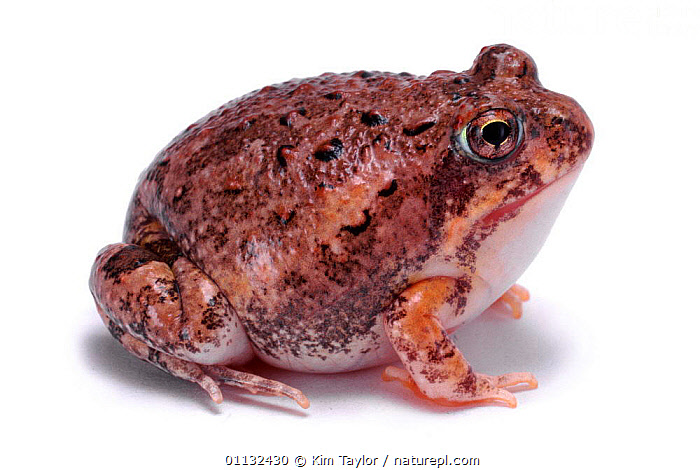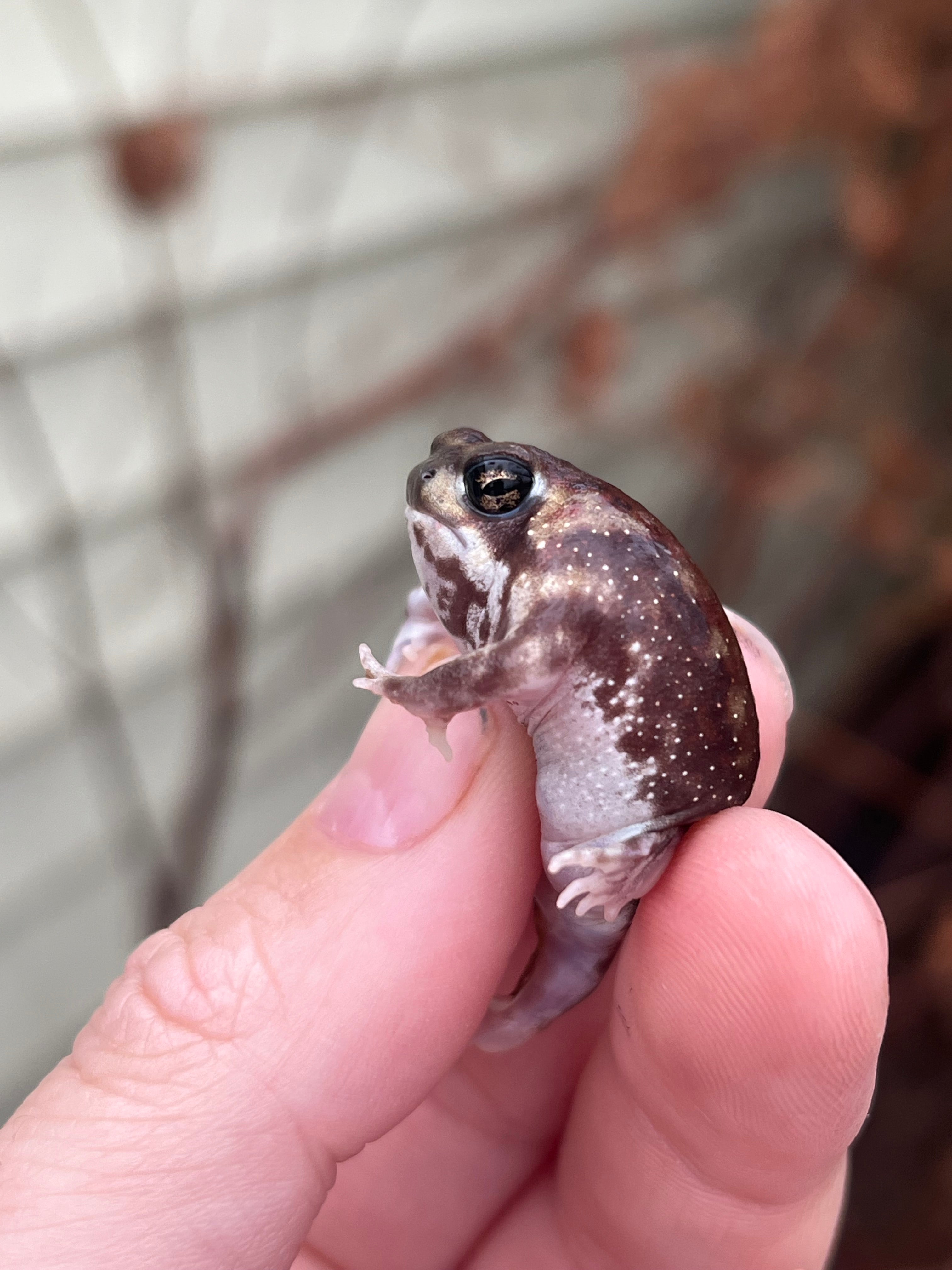Check Out Rain Frog for Sale: Raise Your Animal Game with a Distinct Amphibian Good Friend!
Check Out Rain Frog for Sale: Raise Your Animal Game with a Distinct Amphibian Good Friend!
Blog Article
Common Health And Wellness Issues in Reptiles: Signs And Symptoms and Solutions
In the elaborate globe of reptile care, recognizing the typical health concerns that may influence these special creatures is extremely important in ensuring their health. Whether it's grappling with parasitic infestations, browsing dehydration concerns, or resolving skin ailments that show up in subtle methods, being attuned to the symptoms and furnished with the knowledge of efficient solutions is crucial for any type of reptile proprietor.
Breathing Infections
Breathing infections in reptiles can substantially affect their general health and wellness and require prompt attention from experienced vets. In reptiles, respiratory system infections can be specifically testing to identify and treat due to their unique anatomy and physiology.
Therapy for breathing infections in reptiles normally entails a mix of supportive care, such as keeping appropriate humidity levels and temperature slopes in the room, in addition to targeted medication to address the details virus accountable for the infection. It is important for reptile owners to check their animals closely for any kind of indications of breathing distress and look for veterinary treatment at the earliest indicator of an issue. With timely intervention and proper treatment, several reptiles can recuperate fully from respiratory system infections and resume regular activities.

Metabolic Bone Disease
What aspects contribute to the development of Metabolic Bone Illness in reptiles?
Metabolic Bone Illness (MBD) in reptiles is largely caused by a lack of proper calcium, phosphorus, and vitamin D3 levels in their diet plan. Furthermore, insufficient direct exposure to UVB light protects against reptiles from manufacturing vitamin D3, which is critical for calcium absorption and bone health.
Inadequate humidity levels can additionally affect a reptile's ability to metabolize calcium properly. Routine veterinary examinations, proper husbandry techniques, and a balanced diet are crucial to stop Metabolic Bone Disease in reptiles.
Parasitical Invasions
Parasitic invasions pose a substantial wellness risk to reptiles, influencing their overall health and requiring punctual veterinary interest. Reptiles can be influenced by different bloodsuckers, including termites, ticks, inner worms, and protozoa. These parasites can create a range of signs and symptoms, such as weight management, sleepiness, skin inflammation, looseness of the bowels, and even fatality if left neglected.
One usual parasite discovered in reptiles is the mite, which can create skin anemia, irritation, and anxiety. Ticks are an additional external parasite that can transmit conditions and trigger discomfort to the reptile. Interior bloodsuckers like worms and protozoa can bring about digestive problems, lack of nutrition, and damage the reptile's immune system.
To diagnose a parasitic invasion, a veterinarian may do fecal examinations, skin scrapings, or blood tests. Treatment typically includes deworming medications, antiparasitic bathrooms, or in extreme instances, a hospital stay. Preventative actions such as regular vet exams, correct health, and quarantine treatments for brand-new reptiles can assist lessen the danger of parasitical invasions and make sure the wellness of reptile animals.
Dehydration and Hydration Issues
Dehydration in reptiles can dramatically influence their wellness and health, requiring timely intervention and appropriate hydration management. Reptiles are vulnerable to dehydration as a result of numerous aspects such as insufficient water intake, high environmental temperature levels, and specific health and wellness conditions. Symptoms of dehydration in reptiles consist of sunken eyes, sleepiness, loss of skin elasticity, and minimized peeing. If left neglected, dehydration can cause major health issues and also be fatal to the reptile.
To avoid dehydration, reptile owners must ensure that their pet dogs have access to tidy water at all times. The water recipe ought to be huge enough for the reptile to take in if needed, particularly for species that take in water via their skin. Furthermore, keeping proper moisture levels in the reptile's room and giving regular bathrooms can aid avoid dehydration.
In instances of dehydration, it is important to seek veterinary care without delay. A veterinarian might carry out fluids either orally or via shots to rehydrate the reptile. It is vital to deal with the underlying reason for dehydration to stop reoccurrence and make certain the reptile's general health.
Skin Ailments

Conclusion

Respiratory infections in reptiles can significantly influence their general health and call for prompt focus from knowledgeable veterinarians (rain frog for sale). Preventative steps such as normal vet check-ups, correct hygiene, and quarantine treatments for new reptiles can aid lessen the risk of parasitical infestations and make certain the well-being of reptile pet dogs
If left neglected, dehydration can lead to serious health and wellness issues and also be deadly to the reptile.
On a regular basis examining your reptile for any kind of changes in skin color, appearance, or appearance can help in very early detection and treatment of skin disorders, advertising the overall health and wellness and health of your scaly buddy. - rain frog for sale
In verdict, reptiles are prone to different health and wellness concerns such as respiratory infections, metabolic bone illness, parasitical problems, dehydration, and skin ailments.
Report this page